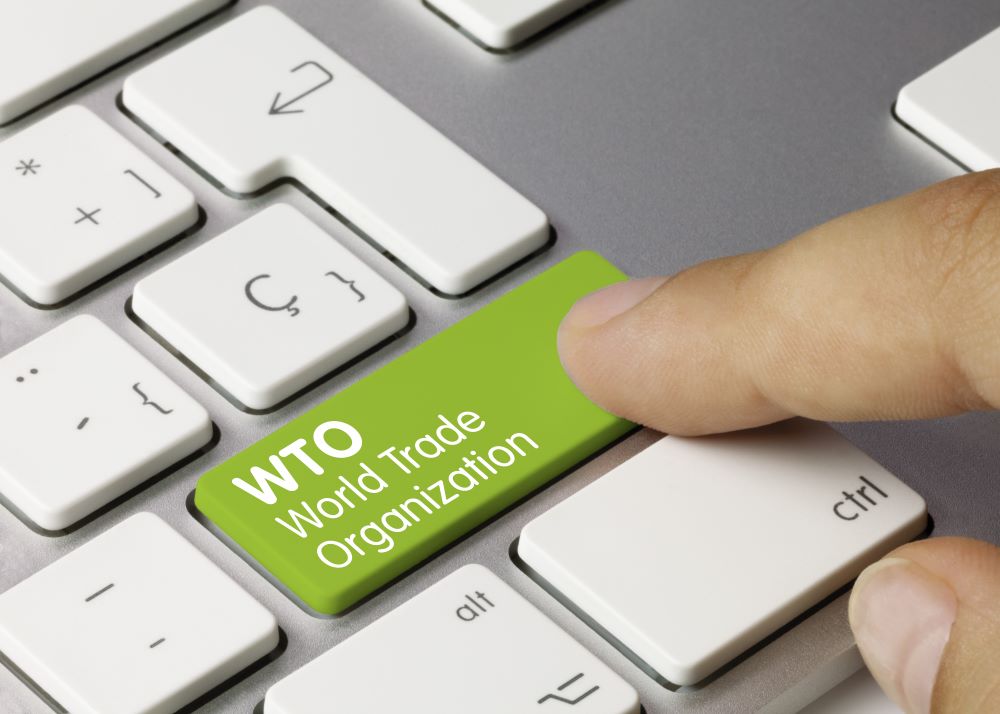
International trade is a ‘critical’ part of transforming the world economy to better fight climate change, according to the latest report from the World Trade Organization (WTO).
The 2022 version of the WTO’s World Trade Report identifies climate change as one of the gravest threats to international development, but points to reduction in trade barriers and increased co-operation as key factors in fighting back against this danger.
“Climate change is an existential threat to people’s lives and is dramatically reshaping economic activity and trade” said WTO director general Ngozi Okonjo-Iweala in the report.
“The climate crisis is a problem of the global commons, and one that demands a collective and effective multilateral response.”
Trade as a force for good
Published during the COP27 meeting where world leaders are discussing the latest rounds of initiatives to ensure catastrophic climate change is averted , the report explores the relationship between trade and climate change, noting that firms and consumers often do not experience the effects directly.
Whilst admitting that international trade does generate significant emissions, Okonjo-Iweala argued that trade was “a force for good for climate and part of the solution for achieving a low-carbon, resilient and just transition.”
The report highlighted that exporting goods is responsible for nearly 30 per cent of global greenhouse gas emissions, both in terms of producing and transporting the items.
Gains
Whilst transitioning to a low-carbon economy would require a significant short term investment of capital, it could also result in trillions in economic gains, with millions of jobs in green energy also being created.
One study cited in the paper found that, between 2018 and 2030, such investment could yield an economic gain of $26 trillion.
Green movement
The report identified a series of measures that could be key to putting international trade at the forefront of the green transition.
One proposal was to remove trade barriers on environmentally friendly goods and services, with the aim of lowering costs, spreading information and knowledge around the world, while making it easier for communities to take advantage of new technologies.
In addition, according to WTO estimates, eliminating tariffs and reducing non-tariff measures on certain energy-related environmental goods could boost exports of such goods by 5% by 2030, with the accompanying increases in energy efficiency and renewable energy reducing global emissions by 0.6%.
Force multiplier
Another finding highlighted was that trade can be a ‘force multiplier’ in existing efforts to handle the climate crisis.
Greater information sharing would allow supply chains to become more resilient to localised climate change events, as well as making efforts more efficient and fair for all concerned.Increased access to cutting-edge technologies or critical goods would also be a major benefit.
One major beneficiary would be the most vulnerable economies, including island nations which are likely to suffer the worst effects of the climate crisis due to rising sea levels.
Increased cooperation on existing measures, such as carbon taxation or emissions trading schemes, would also purportedly result in more efficient systems.
Launch
The report will be formally presented by the WTO director general at COP27, with world leaders in attendance, on 8 November.
Ahead of the launch, UN secretary general António Guterres told the COP27 conference that “we are on a highway to climate hell with our foot on the accelerator,” and called for a climate solidarity pact.



